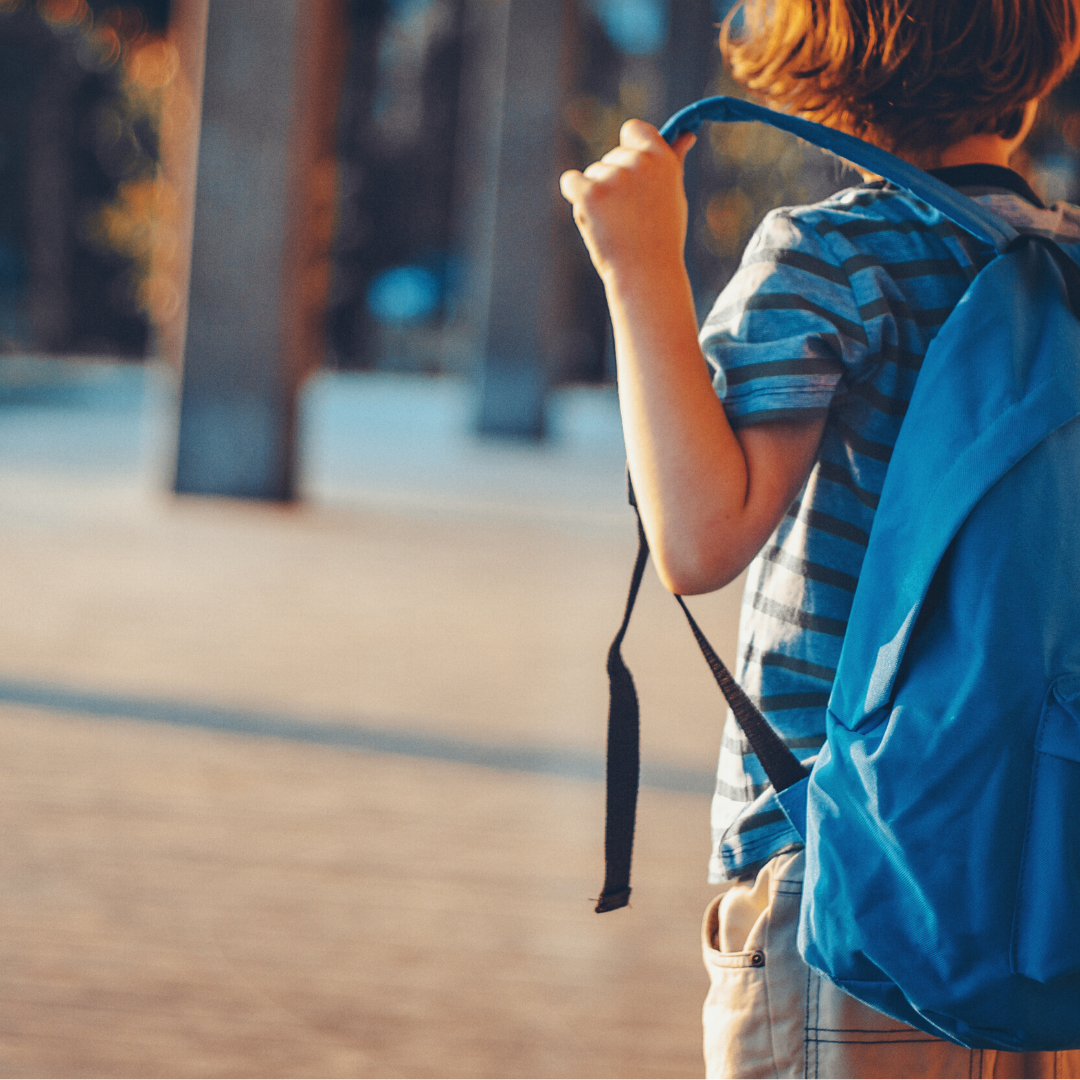With summer winding down, here are some helpful tips to help you and your family have a smooth transition back to school!
- Get an early start. Avoid waiting until the last minute to get necessary school supplies. Waiting until the last minute can produce anxiety when we cannot find the materials we are looking for. This anxiety can be significantly reduced with a little extra time for preparation.
- Routines. Establishing a great routine is critical to a child’s success. Routines reinforce expectations and promote better well-being by reducing stress levels and increasing organization and productivity. When establishing a routine for younger children, it can be helpful to have a visual schedule to help with transitions between tasks and activities.
- Promote healthy choices. A healthy and balanced diet will help you and your family to remain in optimal physical health while giving you the energy you need to get through the day. A good diet will also help you to build and maintain a strong immune system and provide the brain and body with the necessary nutrients to maximize learning potential in students.
- Stay hydrated. Dehydration can come quickly especially in Arizona’s climate. It is important to monitor and maintain appropriate water intake regardless of physical activity. Dehydration can lead to mood dysregulation, impaired cognitive functioning, feelings of anxiety and irritability, and fatigue.
- Be open to conversation. Start a dialogue with your children regarding their feelings about going back to school. Even if they are returning to the same school, this new school year is a brand new experience which may induce feelings of anxiety. Talking to them about their fears or concerns can go a long way in helping them to establish a sense of safety as they embark on this new chapter.
- Look beyond the surface. Anxiety in children and teenagers can present as stomach aches, headaches, inattentiveness, restlessness, and displays of aggression, or disruptive behavior. The behavior presented is usually the symptom of the problem, not the root cause. Check in with your kids, their teachers, and/or school counselors if you see concerning behaviors.
- Model coping skills. Children and teenagers watch and imitate our behaviors everyday; therefore, if you want to empower them to conquer their fears and display resilience, you must do the same. During times of stress, model and encourage stress management strategies such as deep breathing exercises, physical activity such as yoga, mediation, visualization practices, or our personal favorite- ART!
- Encouragement over praise. At Free Arts, we know that the most successful people have a strong support system encouraging them to achieve goals that they never thought possible. Encouragement focuses on the effort that was placed into completing a task, not the outcome. Providing encouragement helps with the development of self-esteem and the promotion of self-efficacy as children, teenagers, and young adults continue to build critical skills.
- Power of choice. You may find it beneficial to encourage guided decision making in your family. During school, children and teenagers are in a structured environment where they get little to no say in their daily schedules. Giving them reasonable opportunities to express their desires helps to build independence, allows them to learn how to advocate for themselves, and promotes collaboration in the family.
- Set healthy boundaries. Setting healthy boundaries can be challenging, but boundaries are necessary to establish safety with your children and teenagers. Encourage them to speak up or ask for help when they feel uncomfortable. By establishing and honoring your own boundaries, you can teach them how to do the same.
Jenna Christie-Tabron is the Free Arts Clinical Director and mental health clinician who has dedicated her career to helping children and adolescents achieve their highest potential. She has worked in school, psychiatric, and judicial settings throughout the United States and The Bahamas. At Free Arts, she works to help the organization maintain a trauma-informed framework for their art-based programs that are designed to build resilience in children, teens, and young adults who experienced trauma.
About Free Arts for Abused Children of Arizona
Founded in 1993, Free Arts for Abused Children of Arizona is a non-profit organization which transforms children’s trauma to resilience through the arts. Free Arts programs include creative elements that promote safety, self-expression and a sense of belonging. Free Arts programs are delivered by 900 volunteer mentors and artists who serve more than 8,000 children annually through partnerships with 43 social service child welfare agencies at 100+ sites across Maricopa County. For more information on Free Arts, visit: www.freeartsaz.org.






